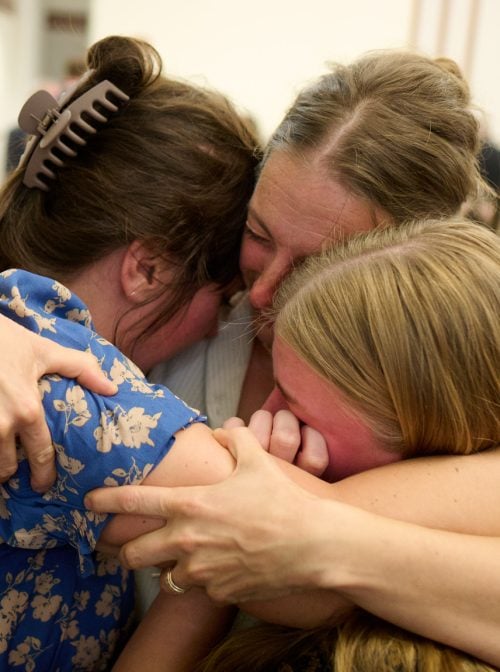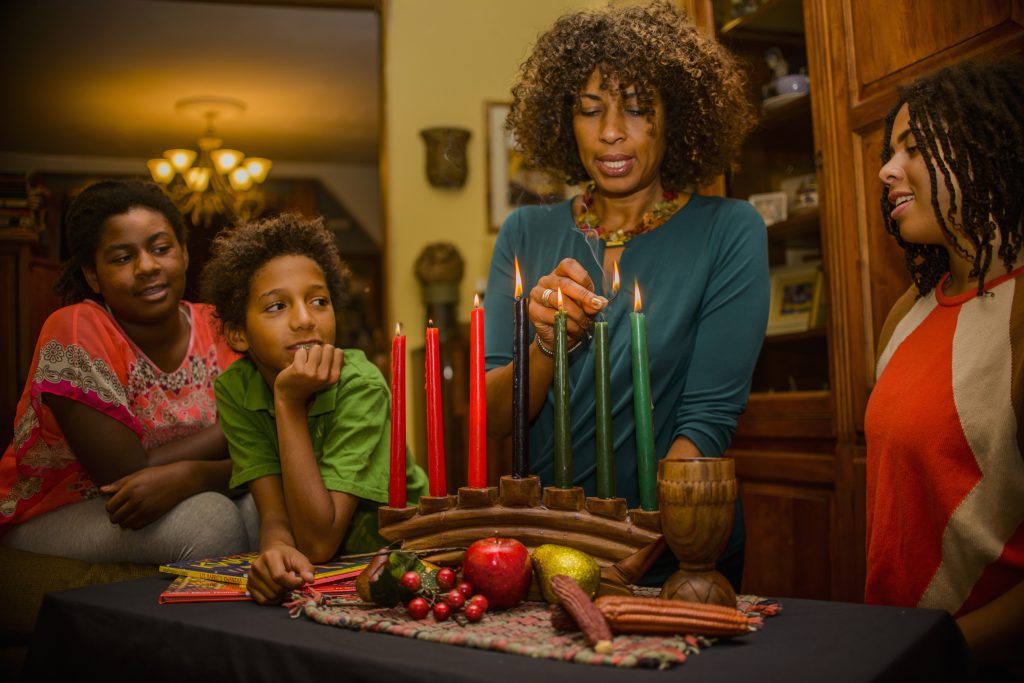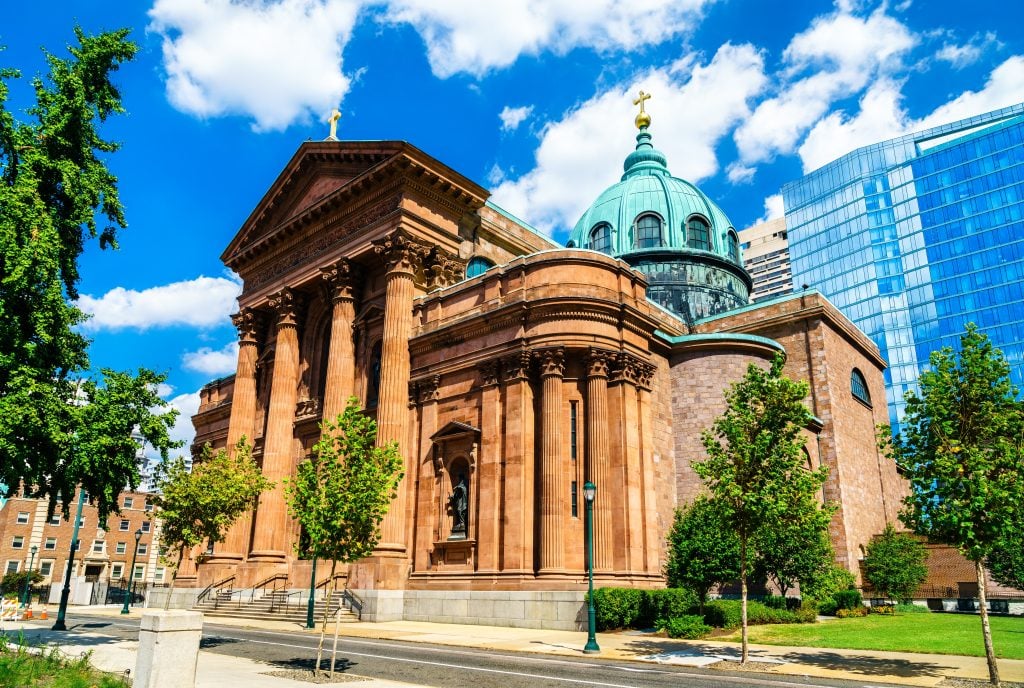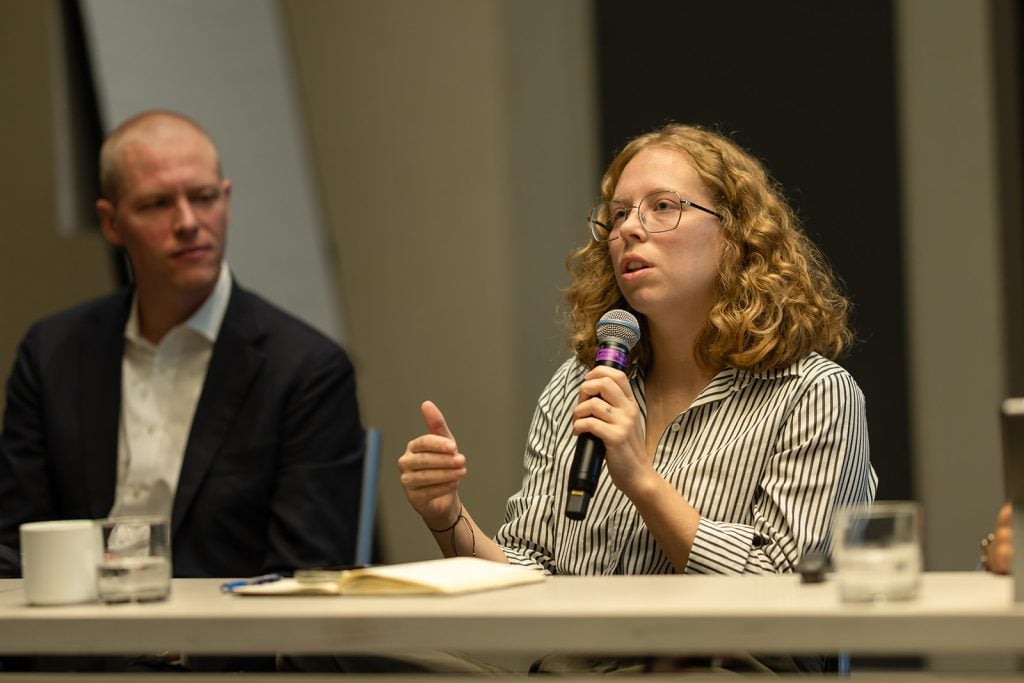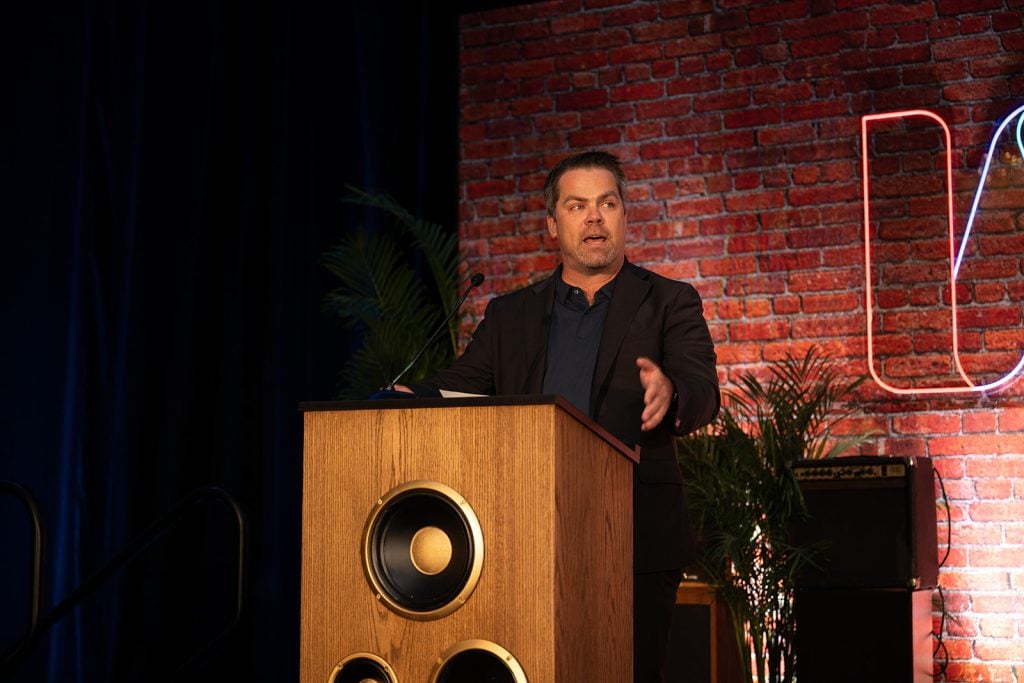Growing up as a member of the Church of Jesus Christ of Latter-day Saints (LDS) there was one quote from Joseph Smith, the church’s first leader, that stood out to me:
“If it has been demonstrated that I have been willing to die for a Mormon, I am bold to declare before heaven that I am just as ready to die for a Presbyterian, a Baptist, or any other denomination. It is the love of liberty which inspires my soul.”
In telling the stories of our ancestors who came to the United States to freely practice their new faith, my parents emphasized this same point – the religious freedom they were seeking, and that we enjoy, extends only so far as we protect it and ensure it for others.
Looking back now I can see how these lessons inspired my professional career choices, first to serve as an American diplomat and then to transition into peacemaking and working at Interfaith America, an organization that takes seriously the power of America’s religious diversity as a national strength, not a threat. It is the love of liberty that inspires my soul and central to my personal faith is the belief that each person be free to worship how, where, or what they may.
All this, and more, swirled in my thoughts on Sunday morning when I first saw news of the violent attack on one of our congregations in Grand Blanc, Michigan. I first heard about it from a colleague at Interfaith America – a Catholic – who reached out to express condolences and offer support. The next person I heard from was a Jewish friend who lives in Jerusalem, herself a lifelong peacemaker working with Israelis and Palestinians.
Their texts stood out to me, not only because of their personal friendship, but because they represented the world I and so many others are working to build. Both recognized that the attack in Grand Blanc, Michigan wasn’t just against members of the LDS Church, and not even just an attack on people of faith. It was an attack on the basic humanity we all share as, I believe, children of God. It was an attack on the God-given right to live free from fear, particularly fear of expressing who we are and what is important to us. Both of my friends are deeply rooted and committed to their own faith and living it out every day. And they, like Joseph Smith and my parents, recognize that if any of us are afraid to worship, organize, teach, or speak according to the dictates of our conscience, it weakens and threatens all of us.
The freedom of religion is enshrined first among the core freedoms of the First Amendment – the freedoms of religion, speech, press, assembly, and petition. These freedoms are fundamental to the functionality and health of our democracy. If and where these freedoms are curtailed or not fully extended, people and groups are hesitant, afraid, or at worst outrightly blocked from participation in shaping the civic life of our country. The American democratic experiment has shown us – and Sunday’s attack in Michigan made it clear again – Constitutional frameworks and legal protections are necessary but not sufficient for fully realizing the core freedoms for all Americans. Ultimately, those freedoms are realized in how we treat and engage with each other – especially those who see the world differently than we do.
Four people were killed in this horrific attack as they exercised their most basic rights. They are, tragically, not the only people killed or hurt in our country this year because of what they believed, said, or expressed. We must take steps to not only protect those rights, but to foster a culture where they are respected and honored.
This is our work at Interfaith America – and the opportunity and invitation for every American. As we strive to realize the ideals expressed in our founding and governing documents, we have agency in the spaces we occupy. We are all contributors to building the kind of country we want to live in, the kind of political culture we want to debate in, and the kind of communities we want to worship, serve, and thrive in.
President Russell M. Nelson, the leader of the LDS Church who passed away on Saturday night, himself a teacher and practitioner of peacemaking, wrote in an op-ed for Time Magazine this month: “Imagine how different our world could be if more of us were peacemakers—building bridges of understanding rather than walls of prejudice—especially with those who may see the world differently than we do. I have seen bitter divisions soften when neighbors chose to listen to one another with respect rather than suspicion. Even small acts—like reaching out across lines of faith, culture, or politics—can open doors to healing. There is power in affording others the human dignity that all of God’s children deserve.”
If, like Joseph Smith, it is the love of liberty that inspires my soul and I would be willing to die for a member of my faith or any other denomination or expression, I certainly can choose to live for them, learning to respect, relate, and cooperate across lines of difference for the benefit – and rights – of all.
